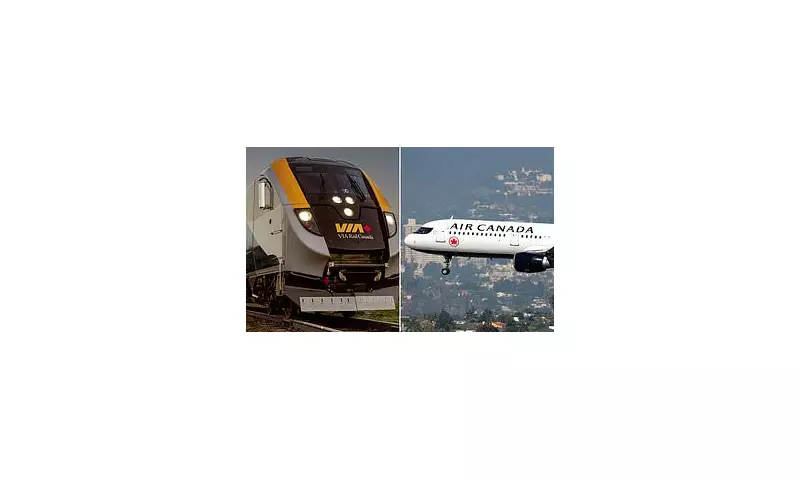
Canada's transportation sector is undergoing a significant cultural shift as major airlines and rail services now require formal acknowledgements of indigenous territories before departure. This controversial policy has ignited heated debates about the role of social consciousness in national infrastructure.
The New Protocol in Action
Passengers travelling with Air Canada, WestJet, and Via Rail are now hearing pre-recorded statements recognising that their journey crosses traditional indigenous lands. These acknowledgements vary by route but consistently name specific First Nations, Métis, and Inuit territories.
The implementation follows pressure from indigenous advocacy groups and represents what Transport Canada describes as "a step toward reconciliation." However, the mandatory nature of these announcements has divided public opinion.
Mixed Reactions from Travellers
Business traveller Michael Thompson expressed frustration: "I support indigenous rights, but being forced to listen to political statements before takeoff feels inappropriate. Air travel should remain neutral ground."
Conversely, university student Sarah Chen welcomes the change: "It's a small but meaningful gesture that acknowledges historical truths. We should all be aware of whose land we're travelling through."
Government and Industry Response
Transport Minister Pablo Rodriguez defended the policy, stating: "Recognising First Nations' historical connection to the land is part of our commitment to truth and reconciliation. This isn't about being 'woke'—it's about being respectful."
Air Canada representatives confirmed that the acknowledgements have been added to pre-flight safety announcements on all domestic routes. Similar measures have been implemented at major airports and train stations nationwide.
Broader Implications
The policy forms part of Canada's broader Truth and Reconciliation Commission recommendations. Critics argue it represents government overreach, while supporters see it as long-overdue recognition of indigenous sovereignty.
As other countries watch Canada's experiment with mandated cultural acknowledgements in transport, the debate continues about where recognition ends and performative activism begins.





